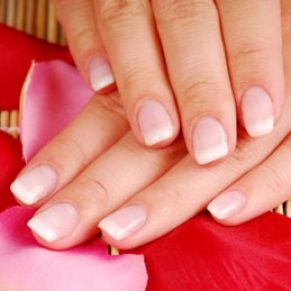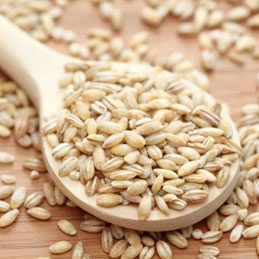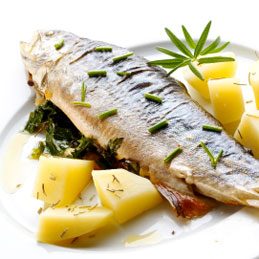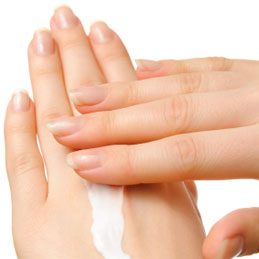
nails
Keep your nails healthy by preventing fungus and eating right.

1. Eliminate Nail Fungus
To fight stubborn nail fungus, try tea-tree oil. A powerful antiseptic, it can help to make nail fungus disappear. In fact, in one study it proved to be as effective as a prescription antifungal medicine. Once or twice a day, apply a drop or two to the discoloured nail. A good time to do it is after your bath or shower, when your skin is softest. If your feet are sweaty when you get home, change into a fresh pair of socks straight away. And if you have an office job, take along a pair of clean socks – especially on hot summer days – so you can change before you start work. Another way to prevent fungus is to avoid clipping your cuticles. When you do this, you remove your nail’s protective barrier. Fungi and bacteria find it easier to get a grip around the base of the nail after the cuticle has been removed. Instead, gently push them back.

2. Make Your Nails Stronger
Take 300 mcg of biotin, a B vitamin (also known as vitamin H), three times a day with food. Long ago, vets learned that this vitamin could strengthen horses’ hooves, and hooves are made primarily from keratin, the same material that makes up human nails. If your nails are weak or brittle, biotin might be all you need to strengthen and thicken them. However, it doesn’t work instantly. You’ll need to take this treatment for six months or more before you will see a noticeable difference. Food sources of biotin include barley, nuts, rice and soya. You can alsp try drinking a cup of horsetail or nettle tea once a day. They are both high in silica and other minerals that nails need to grow. Both are sold loose or as tea bags in health food shops.

3. Eat for Healthier Nails
If your nails are brittle or flaking, try getting more essential fatty acids. These are found in foods such as oily fish (trout, sardines and salmon) and flaxseeds or flaxseed oil. If you don’t eat much fish, take 1 tablespoon of flaxseed oil a day (use it in place of other oil in salad dressing) or sprinkle freshly ground flaxseeds on your cereal or other foods such as salads. Evening primrose oil is another source of essential fatty acids. Take 1000 mg three times a day with meals. If your nails have white spots, you may be deficient in zinc. Increase your dietary intake of zinc by eating beef, pork, liver, poultry (especially the dark meat), eggs and seafood. It’s also found in cheese, beans, nuts and wheatgerm.

4. Moisturize and Protect Your Nails
For dry, brittle nails, rub petroleum jelly or a thick cream into your nails to hold moisture around and under your nails. If you do this at bedtime, slip a pair of thin cotton gloves on your hands before you to sleep.
Wear vinyl gloves every time you wash dishes or do other household tasks that require you to immerse your hands in water. (Vinyl is best, because people with nail problems tend to have skin that is sensitive to rubber.) And avoid polish removers that contain acetone or formaldehyde. They’re terribly drying to nails. Use acetate-based removers instead.